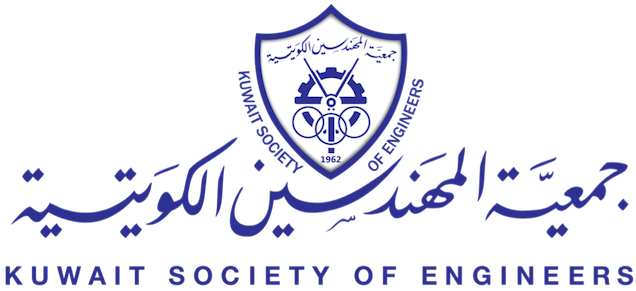Analysis of Thermodynamic Performance of Power Plant Gas-Turbine
N.M. Farhan*, M. G. Higazy, M.W. El Dosoky and A.A. Soliman
Faculty of Mechanical Engineering, Shoubra, Benha University, 108 Shoubra Street, Cairo – Egypt
M. Sc. Student, Faculty of Mechanical Engineering, Shoubra, Benha University
Abstract
The present work investigates the thermodynamic performance variable of gas turbine power plant. The operating variables such as air compressor pressure ratio, air ambient temperature, exhaust gases temperature, gases mass flow rate, cycle thermal efficiency and net power output on the plant performance are presented. Thermodynamics formula for the power plant variables performance data reduction are used in suitable computer program to obtain the different parameters. The obtained results demonstrate that the net power output, ambient air temperature, total mass flow rate, compressor pressure ratio are significantly affecting the cycle thermal efficiency. Also, the cycle thermal efficiency and net power plant output reduced linearly with the rise of air ambient temperature and gases mass flow rate. Also, the mass flow rate and heat added increase directly proportional with the increase of ambient air temperature. Therefore, the thermodynamic variables of gas turbines on performance are significantly important and valuable for power plant operation, economically and maintenance.
Key words: power plants, gas turbines, compressors compression ratio, gas mass flow rate, thermal efficiency, inlet temperature.
Introduction
The gas turbine power plant performance is usually influenced by different efficiencies of various gas turbine systems components. Normally, the temperatures are significantly predominant parameters since the temperature increases by 56 oC, the net power output increases by approximately 10% and this will result in raising the efficiency by about 1.5%; Johnke and Mast, 2002.



